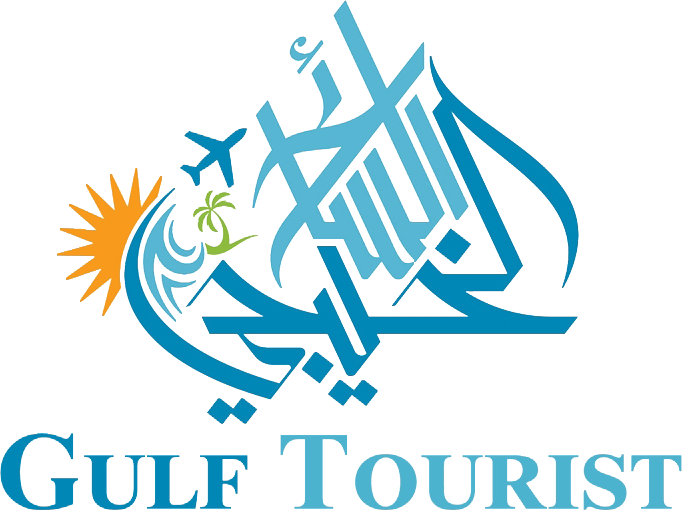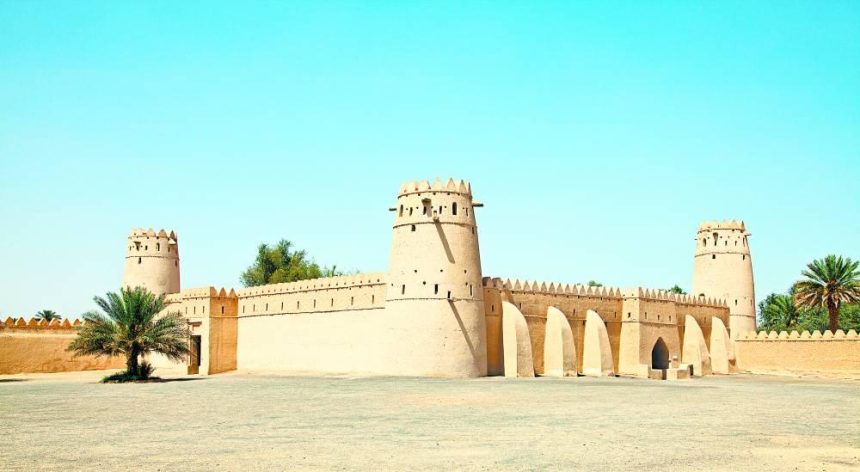The United Arab Emirates (UAE), through the guidance and visionary leadership, has succeeded in enhancing its position on the global environmental tourism map. The country is distinguished by its breathtaking natural landscapes and diverse terrains, including expansive sand deserts with beautiful sand dunes, oases, mountain ranges, valleys, beaches, mangrove trees, and plains. The UAE provides an environment suitable for various plant and animal species, attracting tourists and visitors.
The adoption of the concept of environmental tourism carries multiple benefits and gains. It contributes to environmental conservation by establishing a legislative framework that promotes the sustainability of natural resources and protects biodiversity. Additionally, it supports the achievement of sustainability across various sectors, promotes the transition to a green economy, reduces rates of desertification and pollution, and enhances sustainable local economic output.
Sustainable tourism is a priority in the country’s development agenda, as reflected in the launch of the National Environmental Tourism Project by the Ministry of Climate Change and Environment. The project, known as “Nature’s Treasures in the Emirates,” aims to promote the elements of environmental tourism in the country and position it on the global environmental tourism map.
The National Environmental Tourism Project consists of three phases. The first phase provided informational materials, images, and films for around 50 nature reserves in the country, covering approximately 16% of the total area. Subsequent phases will focus on accessing environmental tourism sites in marine areas, desert resorts, diving areas, and mountainous regions.
The project includes about 205 sites distributed among 50 nature reserves, 27 eco-tourism farms, 24 natural parks, and 40 natural sites that encompass natural resorts, hotels, historical and archaeological sites recognized by international organizations. Examples include the archaeological site on Sir Bani Yas Island, Al Jahili Fort in Abu Dhabi, Al Mala Castle in Umm Al Quwain, Sheraton Jumeirah Beach Resort in Dubai, Mleiha Archaeological Center in Sharjah, and Daia Castle in Ras Al Khaimah. Additionally, there are 47 natural diving sites and 17 popular environmental markets.

